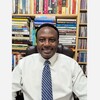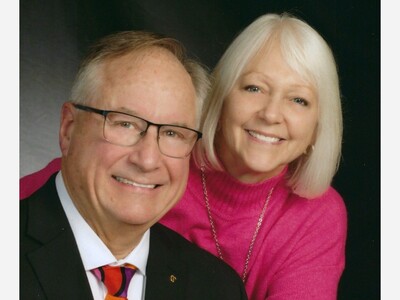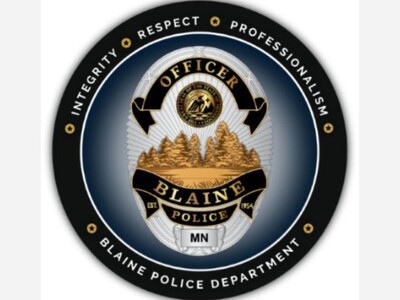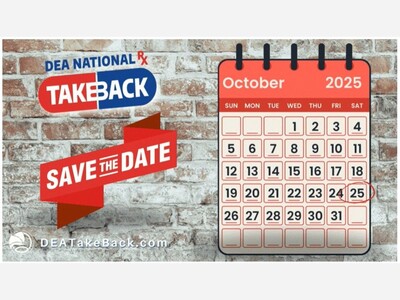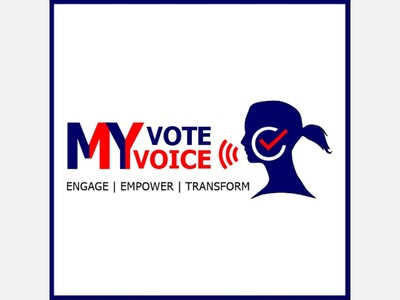MINNEAPOLIMEDIA EDITORIAL | The Unsung Guardian — Brian O’Hara and the Steady Hand that Minneapolis Needed
MINNEAPOLIMEDIA EDITORIAL | The Unsung Guardian — Brian O’Hara and the Steady Hand that Minneapolis Needed
In the chronicles of Minneapolis’ modern history, certain names echo loudly in memory — some for their failures, others for their courage. Yet in the midst of it all stands one man who neither courts attention nor receives enough of it: Brian O’Hara, the current Chief of the Minneapolis Police Department.
O’Hara is the man who arrives quietly but unfailingly whenever peace is threatened. Whether it’s a road accident disrupting a neighborhood, a public disturbance escalating toward chaos, or moments when the city trembles under the weight of fear and instability — he is there. Most times shoulder to shoulder with the officers and residents of this city.
He is the steady presence when Minneapolis needs composure the most. The one leader who shows up when calm is broken, who doesn’t retreat when scenes get tense or uncertain. The one man who, in the words of those who see him on the ground, “shows up before the media, and stays long after they’re gone.”
From the Ashes of 2020: A City in Crisis
When Brian O’Hara arrived in Minneapolis in late 2022, the city was still reeling from its deepest wound — the public execution of George Floyd on May 25, 2020, by Derek Chauvin, with Thomas Lane, J. Alexander Kueng, and Tou Thao at the scene. The world watched in disbelief. Minneapolis burned — physically and emotionally. Businesses were torched, residents fled in fear, and the city’s soul was fractured.
It was a moment that exposed America’s racial divide and laid bare the failures of policing across the nation. But amid that brokenness, Minneapolis needed not just reform — it needed rebuilding. It needed someone who understood both accountability and humanity. Someone with the experience to reconstruct a department under federal oversight and the humility to listen.
That person was Brian O’Hara. He came not as a political figure, nor as a savior, but as a reformer who had already helped rebuild a broken system under a federal consent decree in Newark, New Jersey. There, he had seen what systemic change looked like when guided by both empathy and structure.
In Minneapolis, he inherited a department in turmoil — a depleted force, a city in pain, and a community skeptical of the badge. But he showed up anyway. He didn’t run from the challenge; he walked toward it, every single day.
A Leader Without Applause
Brian O’Hara is not one to chase credit. Yet his fingerprints are on much of the calm that Minneapolis now experiences — the quieter nights, the reduction in violent crime, and the renewed sense that rebuilding trust between the police and community, though slow, is possible.
When others debate from afar, O’Hara is in the neighborhoods — engaging with faith leaders, walking through corridors of crisis, listening to residents, and demanding accountability from his own ranks.
And yet, in the political theater that too often consumes Minneapolis, his kind of leadership rarely makes headlines. Instead, the spotlight falls on partisan battles — on who endorsed whom, who withdrew support, and who fell out of favor.
It’s ironic. The same political establishment that once championed a candidate only to disown them later — turning support into condemnation — often overlooks the quiet, consistent leadership of the man holding the city’s peace together. O’Hara doesn’t play politics. He plays for Minneapolis.
A City Still Searching for Itself
We should not forget where we were when the fires raged and fear consumed our streets. Some fled to the comfort of their homes out of state, while others stayed, choosing service over safety, purpose over politics.
Meanwhile, the city continues to wrestle with chronic issues — homelessness, gridlock in policy-making, and the ongoing struggle for fairness in everyday life. Even small measures, like allowing residents to negotiate fair prices for ride-share services that help people stay independent and self-reliant, become political stalemates.
Through it all, O’Hara remains visible but not loud, consistent but not self-promoting. He leads without spectacle. He is the rare public servant who does the work, not for applause, but for the people.
The Vote that Will Never Happen
If leadership were measured not by speeches but by service, not by campaigns but by consistency — then Brian O’Hara’s name would top every ballot in Minneapolis. He is not running for office, but if he were, there would be no doubt where the votes would tilt.
He has become, quietly and effectively, the face of what leadership after tragedy can look like — grounded, disciplined, and unshakably human.
Minneapolis may still be healing, but much of its fragile peace rests on the shoulders of a man who refuses to take credit, even when credit is due. The man who shows up when others stay away. The man who reminds us that rebuilding trust and peace takes more than talk — it takes presence.
And in that presence, Chief Brian O’Hara has given Minneapolis something it had nearly lost: the belief that safety, accountability, and compassion can coexist.
